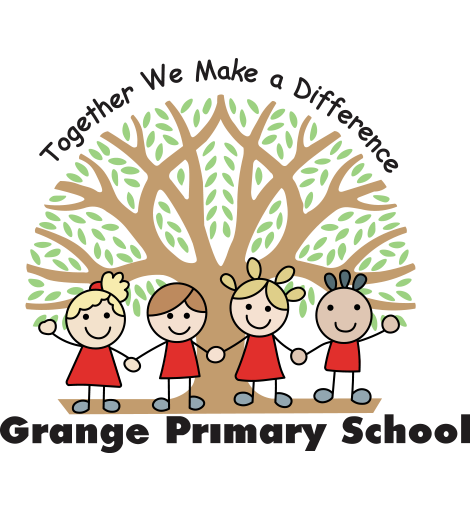Writing
We use a variety of teaching styles and strategies to give children the skills and understanding to write accurately and coherently across a range of text types, for different audiences and purposes:
- 'Talk for Writing' by Pie Corbett is used across the school to promote oracy and support children in developing the langauge required to write to a high standard.
- Modelled writing is regularly used in English lessons to demonstrate sentence structure and parts of a text. It is also used to model the ‘thinking process’ that a writer goes through in producing a piece of writing.
- Shared writing is also regularly used in whole class teaching, where children contribute their own thoughts and ideas to a piece of writing.
- Guided writing is used to develop specific skills with small groups of children and would take place during the writing phase of an English unit.
- Independent writing opportunities, including incidental writing, are planned for in English lessons and across the curriculum (including a regular piece of 'extended writing') to enable children to apply and consolidate their skills.
- Writing, including GPS tasks, is recorded in our Writing books (with the exception of extended writing as outlined below).
- Grammar is taught on a daily basis as a 'starter activity' in our English lessons in order to build and consolidate skills in sentence structure, vocabulary and punctuation.
- Spelling is given a high status in our teaching of English. We use the 'No Nonsense Spelling' programme from Y2 - Y6 to develop spelling skills for children secure at phonics phase 5.
- Handwriting is taught and practised regularly across the school.
- We use high quality intervention programmes, including 'IDL' and 'Clever Fingers' for children who need support with a specific area of writing.
